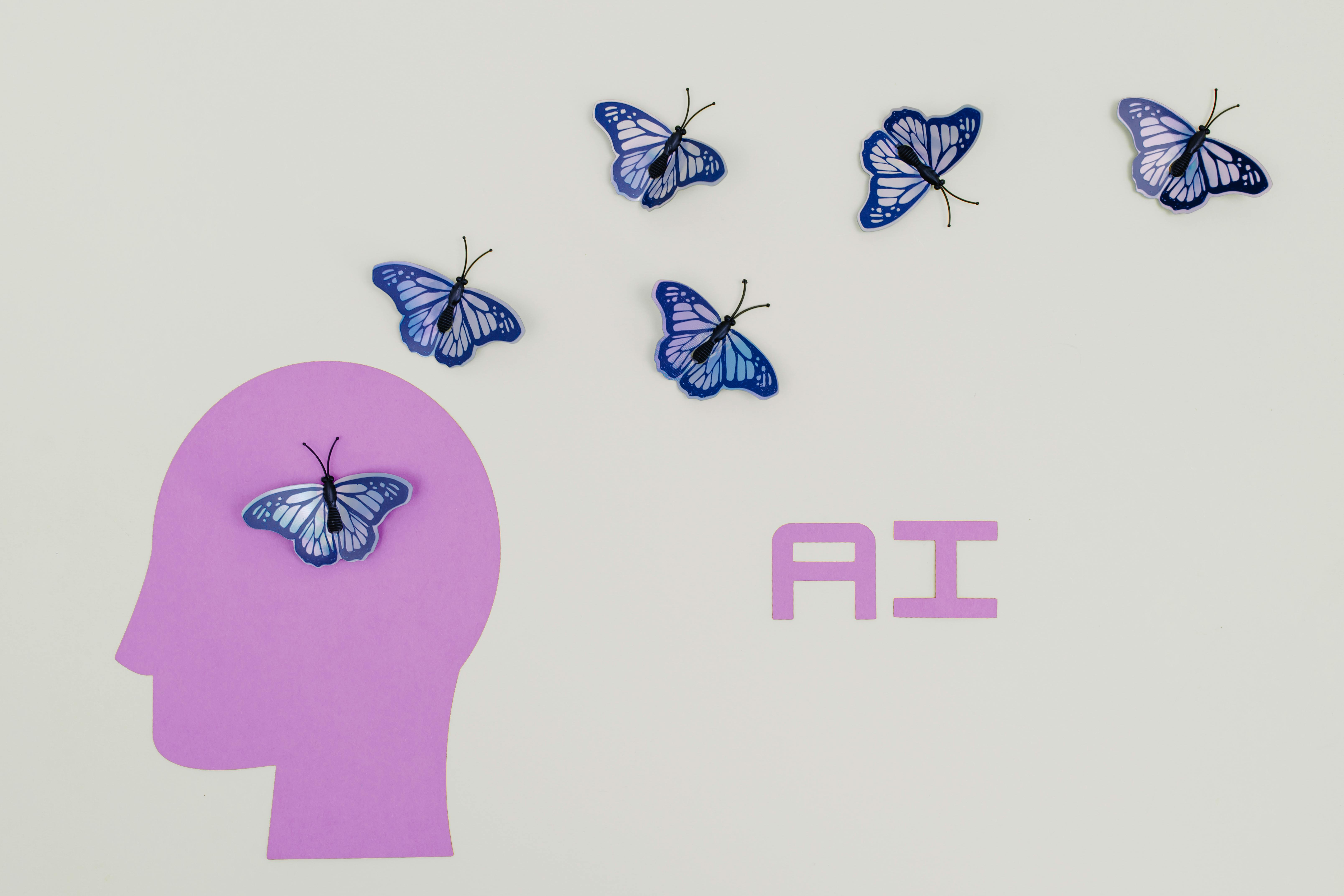Your AI Mental Health Coach: The Pros, Cons, and Ethical Questions to Consider
Ethical Questions: Informed Consent and Autonomy

The deployment of AI mental health coaches raises important ethical questions regarding informed consent and user autonomy. Users must have a clear understanding of how these systems work, the data they collect, and the limitations of AI-driven interventions. Ensuring that individuals can make informed decisions about their mental health care is crucial. Additionally, there is a need to preserve user autonomy, allowing individuals to choose whether to engage with AI or seek traditional therapy. Balancing the innovative potential of AI with respect for individual rights and choices is a critical ethical consideration in their implementation.
Ethical Questions: Bias and Fairness in AI

AI systems are only as unbiased as the data they are trained on, and biases in training data can lead to unfair or discriminatory outcomes. In mental health, this could mean that certain populations receive less accurate or effective support. For example, cultural differences in expressing emotions or mental health symptoms might not be adequately recognized by AI trained predominantly on data from Western populations. Addressing these biases is essential to ensure that AI mental health coaches provide equitable support to all users, regardless of their background, and do not inadvertently perpetuate existing disparities in mental health care.
